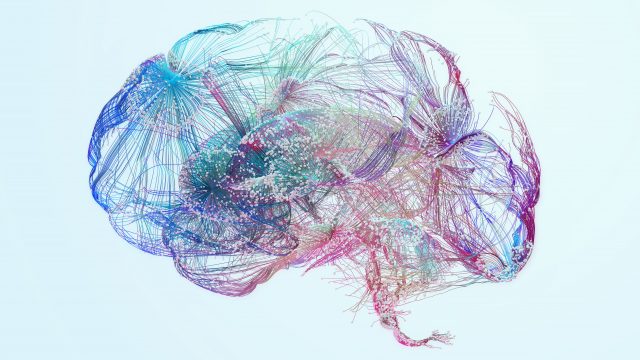Every year, hundreds of bright minds graduate with degrees in neuroscience, ready to unlock the secrets of the brain. Yet too many find themselves locked out of the job market instead. The problem is not talent, it is translation: how do you turn research skills into real-world impact?
The Globe and Mail recently highlighted a neuroscience graduate who applied to more than one hundred jobs without success. That story resonates. Many of us at Ontario Brain Institute (OBI) remember the struggle of figuring out where we fit, outside the ivory towers, or how to show the value of our training for careers beyond the lab.
Many students nearing graduation remain unaware of the diverse career paths available, often feeling trapped between the visible choices of academia, medicine, or industry. While institutions offer some career guidance, most graduates chart their own course. After all, we train to be independent thinkers. But with so many unknowns and limited exposure to less visible or non-traditional career paths, this journey is overwhelming.
It is a misconception that neuroscience graduates lack marketable skills. Far from it. They learn to identify problems and develop solutions, to ask questions and develop critical thinking, paying attention to the finer details. The endless hours in the lab help to develop resilience and perseverance in the face of adversity.
These individuals represent Ontario’s brain capital, and we can’t afford to waste it.
That’s why we created a program to bridge this gap.
Many years ago, OBI identified the challenges outlined in the Globe piece, and our founding President and Scientific Director, Dr. Don Stuss, told us to, and we quote, “do something about it”.
This call to action resulted in OBI’s internship program, created in 2011. The program equips postgraduates with leadership and management experience outside the lab.
To date, nearly 200 interns have participated and more than 80% secure jobs within six months, leaving prepared to drive big, bold and brave ideas across Ontario’s life sciences sector.
We see their impact every day.
Former interns are now leading biotech firms, steering venture capital, and shaping global brain health policy. Others are bridging science and society: knowledge brokers amplifying patient voices, communicators building public trust, data scientists accelerating discovery, business developers turning research into real-world solutions.
Yesterday’s trainees are today’s leaders, and they are paying it forward. Mentoring. Building new programs. Opening doors for the next generation. This is how Ontario keeps the cycle of innovation alive.
For over a decade, OBI has created or sustained over 1,300 jobs and supported training for more than 8,000 highly qualified personnel. We are one of many organizations proving that research is not just about discovery; it is also about adding exceptional talent to the knowledge economy.
Our brains are a critical national asset and drivers of our economy. We must harness our brain capital.
Canada’s future prosperity depends on this.



